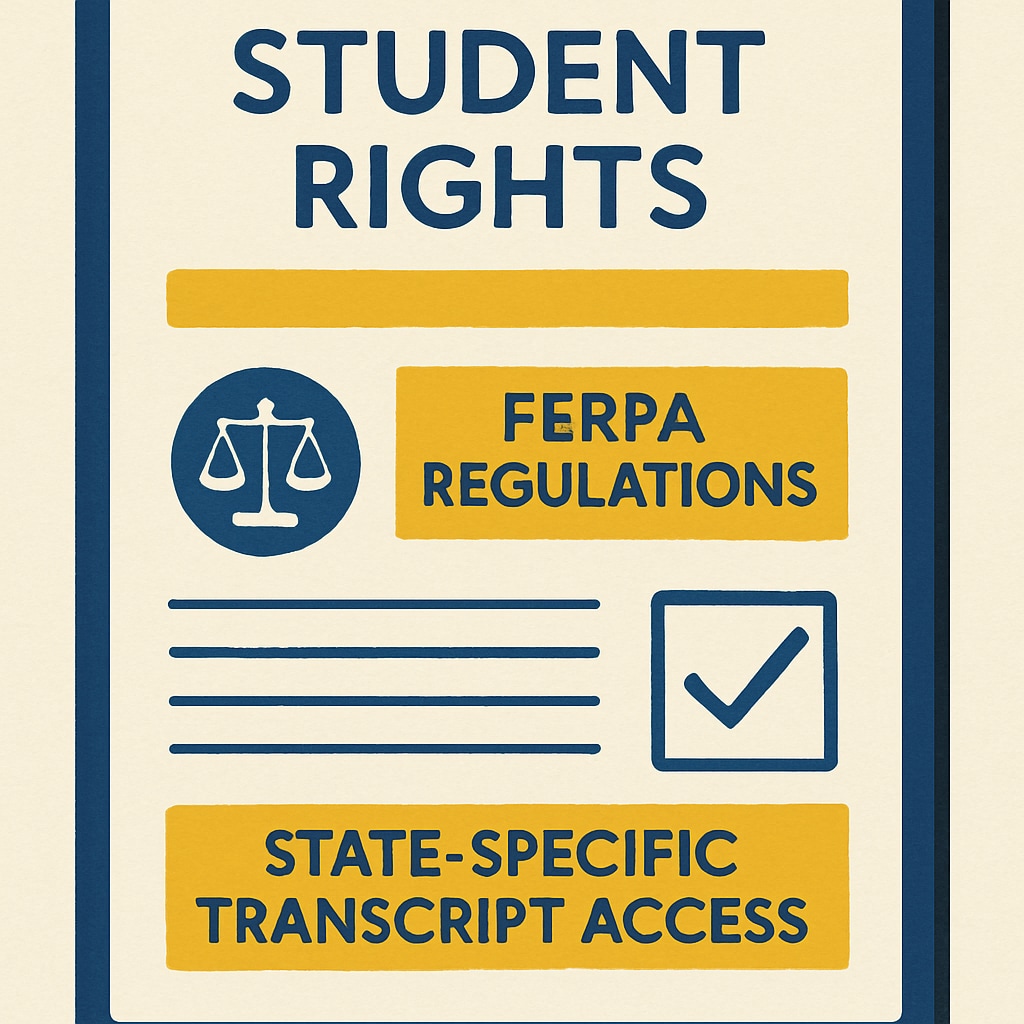Obtaining academic transcripts can be crucial for students moving between schools, applying for higher education, or preparing for professional exams. However, situations involving unpaid fees can create obstacles. This article discusses how students and parents can access K12 academic transcripts, even when financial balances are outstanding. We’ll delve into legal frameworks, school policies, and practical strategies to ensure access to academic records while addressing financial concerns.
Legal Rights to Academic Records
In many jurisdictions, education laws prioritize student access to academic records, such as transcripts, over financial disputes. For example, in the United States, some states have regulations that prevent schools from withholding transcripts due to unpaid fees. The Family Educational Rights and Privacy Act (FERPA) also ensures students’ rights to their educational records. Parents and students should investigate local laws to understand their rights and responsibilities regarding transcript access.

School Policies and Common Challenges
While laws may protect access to academic records, school policies often introduce complications. Some schools implement restrictions or delays for releasing transcripts if fees are unpaid. These policies typically aim to encourage families to settle debts, but they may unintentionally impact students’ educational opportunities. It is essential to communicate with school administration to clarify policies and explore possible solutions.
Common challenges include:
- Limited understanding of local regulations.
- Lack of clear communication from schools about transcript policies.
- Families struggling to pay fees due to financial hardships.

Practical Steps to Obtain Transcripts
Here are actionable steps parents and students can take to access transcripts amidst financial challenges:
- Research Local Laws: Check state or regional regulations regarding transcript access for students with unpaid balances. Websites like Britannica Education Resources may provide helpful insights.
- Contact School Administration: Request a meeting with relevant staff to discuss transcript policies and financial concerns. Schools may offer payment plans or alternative solutions.
- Seek Legal Advice: If transcripts are withheld unlawfully, consult a legal expert specializing in education rights. Organizations like Education Law on Wikipedia can provide initial guidance.
- Negotiate Payment Plans: Many schools are willing to work with families to establish manageable payment arrangements while releasing transcripts.
- Appeal to Higher Authorities: If necessary, escalate the matter to local education boards or legal institutions for resolution.
Balancing Financial Obligations and Educational Needs
While obtaining transcripts is essential, addressing unpaid fees remains equally important. Families should aim to resolve outstanding balances to maintain positive relationships with schools and avoid future complications. Some schools may offer financial aid, discounts, or extended payment deadlines to ease the burden.
In conclusion, understanding legal rights, school policies, and practical strategies can empower families to navigate transcript access challenges effectively. Remember, education is a fundamental right, and academic records should not become collateral in financial disputes.
Readability guidance: Use clear, concise language with short paragraphs and bullet points for ease of reading. Include transitions like “however,” “in addition,” and “for example” to connect ideas smoothly.


